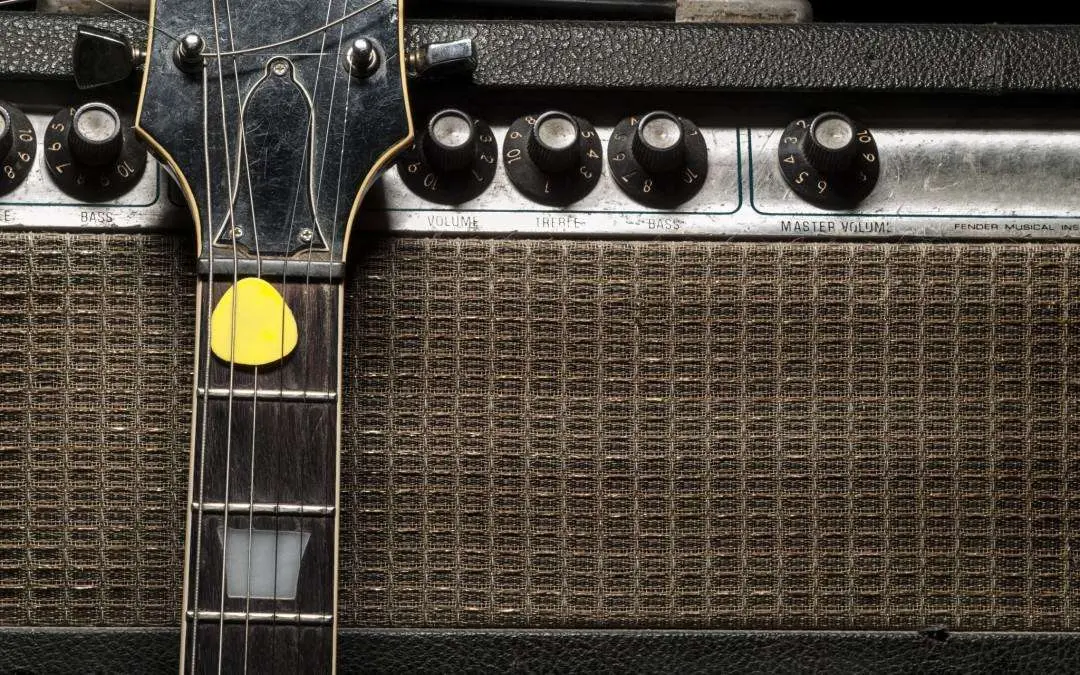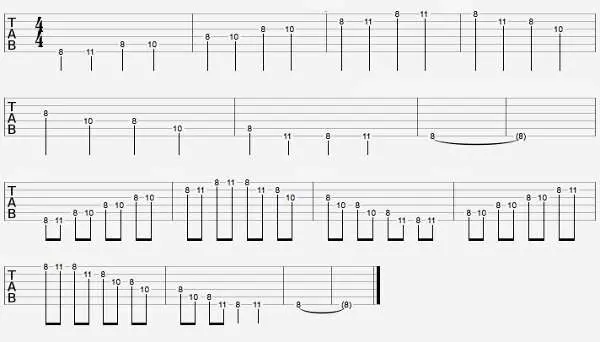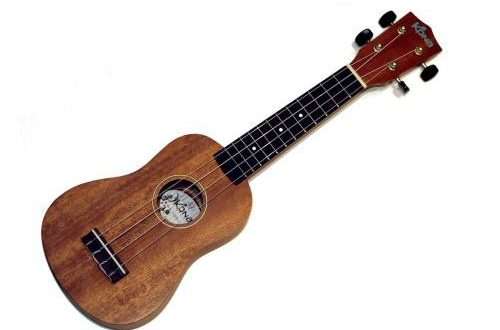
Can improvisation be learned?

I remember well my first encounter with improvised music. At that time, I was a debutant at quite popular music workshops, where Marek Raduli led the guitar class. For a few days he was explaining the issues of harmony and scales, which we would later use during the evening jam sessions and at the final concert. It quickly became clear that I was the weakest in the group – I knew absolutely nothing, and the specialized terminology only gave me additional complexes. But you had to cope.
Why am I writing about this? Well, I am convinced that many people, perhaps also you, will approach this topic with a considerable distance. This skepticism results from the fairly common belief that the art of improvisation is reserved for a small percentage of outstanding musicians born under a lucky star in an odd week of a leap year. Meanwhile, I suggest that you “turn off” or “turn off” your beliefs for a moment, approaching the topic completely fresh. Let’s start with the basics …
IMPROVISATION CANNOT BE LEARNED
After such an introduction, such a headline !? Yes, I am surprised too. Nevertheless, it is very important that we clarify certain points from the very beginning. In my opinion, music is a kind of bridge between the material world and the metaphysical world. On the one hand, we can rationally and logically describe all occurring phenomena, dressing them in beautiful and difficult words, on the other hand, many things remain a mystery that will probably remain unanswered forever.
You cannot learn improvisation, just like you cannot, for example, write beautiful poems. Yes – there are a number of principles based on the analysis of the works of great masters, but following them blindly does not guarantee the creation of a masterpiece. That is why not every doctor of Polish philology will be at the same time a creator like Adam Mickiewicz. The role of the contemporary improviser is to get to know the roots of the musical language that he wants to use in depth, and then to pass it through the filter of his own individuality and emotionality. In the first task, I will help you in a moment, while the second is the life mission of every musician. Like Charlie Parker said, learn the rules, break them, and eventually forget them.
BECOME A TRAVELER
The improvisation is a bit like a frivolous and spontaneous journey. No matter where you are going, it is worth having a map with you. This is how you can treat the rules of improvisation. Thanks to them, you will be able to define a group of “correct” sounds for a given chord or chord progression (sequences). Such knowledge will allow you not only to stay on the right path, but also to return to it in case you fly too far. In addition, with the help of a good and detailed map, you can easily plan several variants of the trip, which when translated into sounds will result in more ideas for improvisation.
Every journey, even the longest one, begins with the first step. How to put it?
JUST TRY
I know it’s easy to fall into the trap of over-perfectionism sometimes, so remember that the purpose of this exercise is not to prove to the world that a new Jimmi Page is born. Rather, try to experience what is happening by paying attention to your own feelings and emotions. For me, this first time was absolutely magical. Do not miss it!
Earlier I wrote about the map, today you will get one from us. It sets the right “paths” for the foundation, which you will find below. Your only job is to experiment. How?
Check out the map. Today we will not use any specialized names or terms. Just trust – these are good sounds. First play them up, then down. Take care of the rhythm and the length of the sounds. Keep doing this until you remember the diagram below.

The above tablature corresponds to the backing in the time interval 0: 36-1: 07.
Improvise. Just. Play the above notes in any order, listen to how they resonate with our backing track. Over time, try to form them into some kind of musical sentence – play a few notes and then separate them with a pause. Have fun with the process, that’s the most important thing right now.
My goal was to encourage you to discover the wonderful world of guitar improvisations. Contrary to popular belief, this skill is not reserved only for the elite, and the vast majority of us can derive joy and pleasure from practicing it. If, after reading this article, you decided to try it, be sure to write in the comments how you did, and above all – how you liked it. Good luck!
Comments
This is what we consider as improvisation? Following someone’s footsteps you will never overtake him … you need years of practice, playing with dozens of better musicians to have a workshop that will allow us to bring out what lies dormant in us outside …
AL
Improvisation is a set of perfected licks, passages and ″ own patents ″ with other random sounds that most often emphasize the important syntax of a given chord (third, seventh, fifth …) .. Improvisation can be learned if we meet 2 conditions; 1. we can play an instrument 2. we feel the need to improvise
rafal
In my opinion, anyone can learn to improvise. Improvisation is the art of conveying our interpretation of the elements we have learned. Sometimes it is an accident, but its basis lies at the heart of what we can do. So if you practice pentatonics like above, you will be able to improvise with phrases like that. If, on the other hand, your range of skills is wider, then with the use of what you can, you can improvise, i.e. transfer yourself through the prism of your own knowledge, experience and emotions. What can I recommend? Practice a lot and correctly of different phrases with different techniques. If you learn the basics, choose the ones you like the most and create your own style. This is, in my opinion, a method for improvising.
Bartek





